6 ways to promote positive mental health and wellness
Athabasca University (AU) counsellor and mental health coordinator share ways to help improve mental health
Maintaining mind, body, and spirit contributes to good mental health and your ability to participate freely in the things you enjoy. It also helps you cope with life challenges, and fulfill your potential—ideally while making a positive contribution to the world around you.
Here are six other ways to help you promote mental health and wellness.
1. Challenge your thinking
Challenge your thinking before someone else does. The world is changing at record speed and we are forced to keep up with the pace of change. Over time, we become comfortable with our patterns of thinking and tend to rely on “taken-for-granted” assumptions. When our thinking goes unchallenged, it can become outdated, irrelevant, and out of step with reality.
In his 1985 book Vital Lies, Simple Truths: The Psychology of Self-Deception, Daniel Goleman reminds us to take notice of what we may be overlooking. Goleman said the range of what we think and do is limited by what we fail to notice. And because we fail to notice that we fail, to notice there is little we can do to change until we start noticing how failing to notice shapes our thoughts and deeds.
Taking a moment to slow down and reflect on mental processes is a good way to challenge your thinking making sure your worldview, attitudes, and actions match the changing world around you.
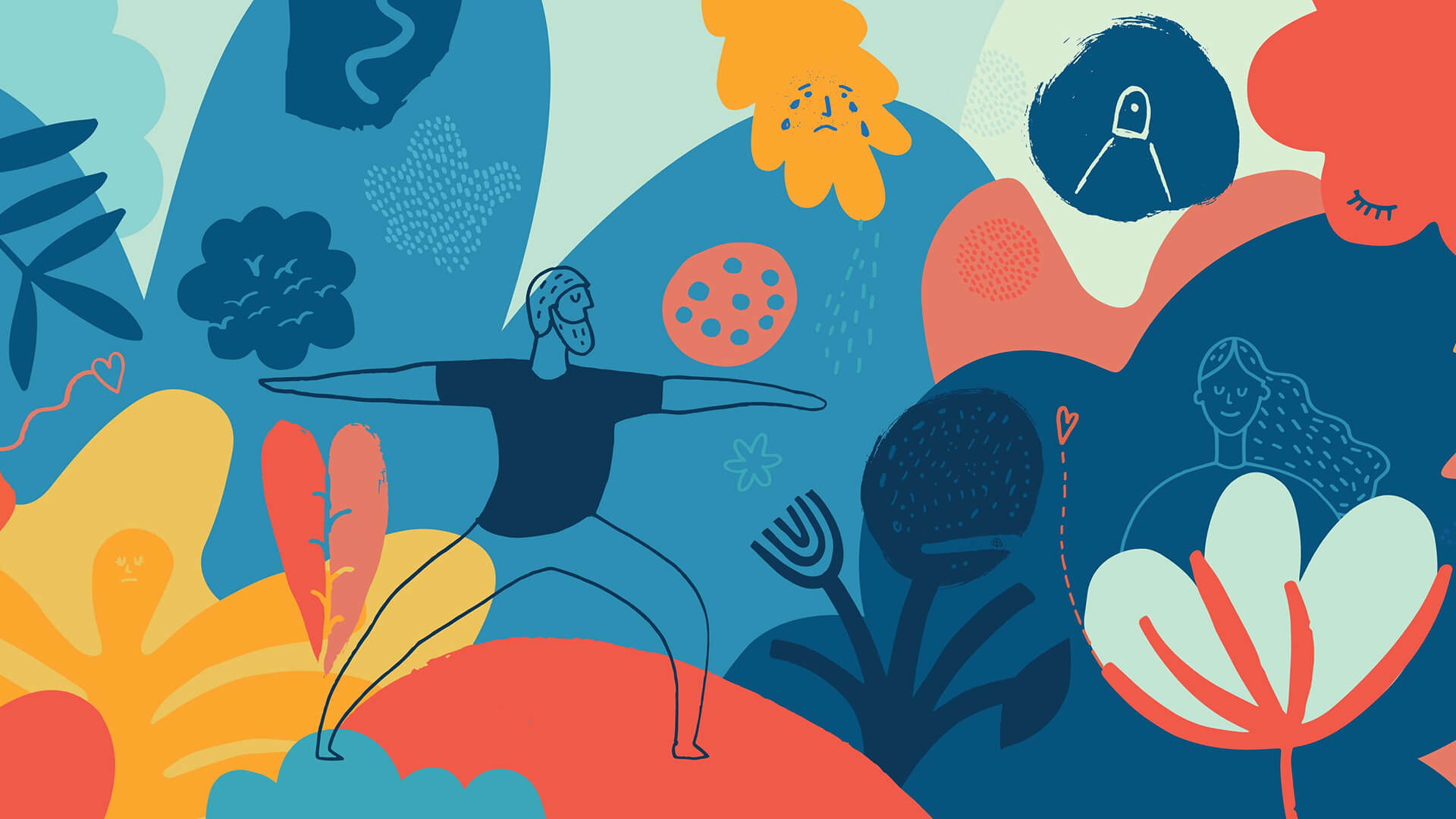
2. Practise gratitude
According to an article posted on the Harvard Medical School website, Giving Thanks can Make You Happier, “gratitude is a thankful appreciation for what an individual receives, whether tangible or intangible.” A number of psychological studies have demonstrated a link between good mental health and gratitude.
Studies have shown that individuals who practise gratitude with regularity feel more optimistic about their lives, exercise more and make fewer visits to physicians compared to those who focused on sources of aggravation.
The article also notes that “gratitude helps people connect to something larger than themselves as individuals — whether to other people, nature, or a higher power.” It is a good reminder for all of us, at the end of each day to think of at least two things to be grateful for.
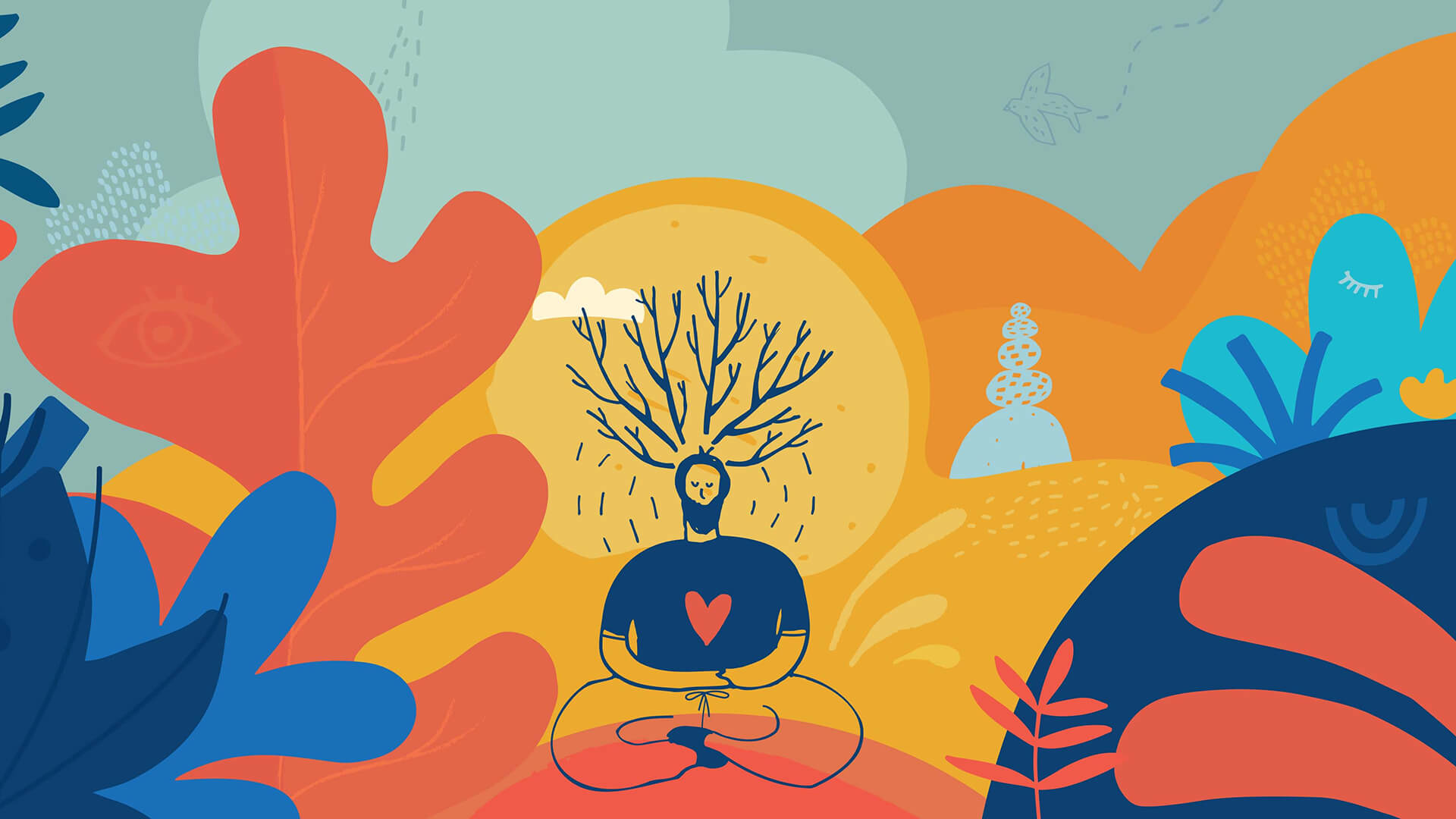
3. Embrace acts of kindness
An act of kindness is a behavioural response of compassion and actions that are selfless, or a mindset that places compassion for others before one’s interests. According to Shoba Sreenivasan and Linda E. Weinberger, writing for Psychology Today, when we perform random acts of kindness it promotes gratitude, empathy and compassion. It also reduces stress and enhances mental and physical health. Make someone laugh, say good morning to the bus driver, listen to a friend who is having a bad day and acknowledge kindness towards yourself.
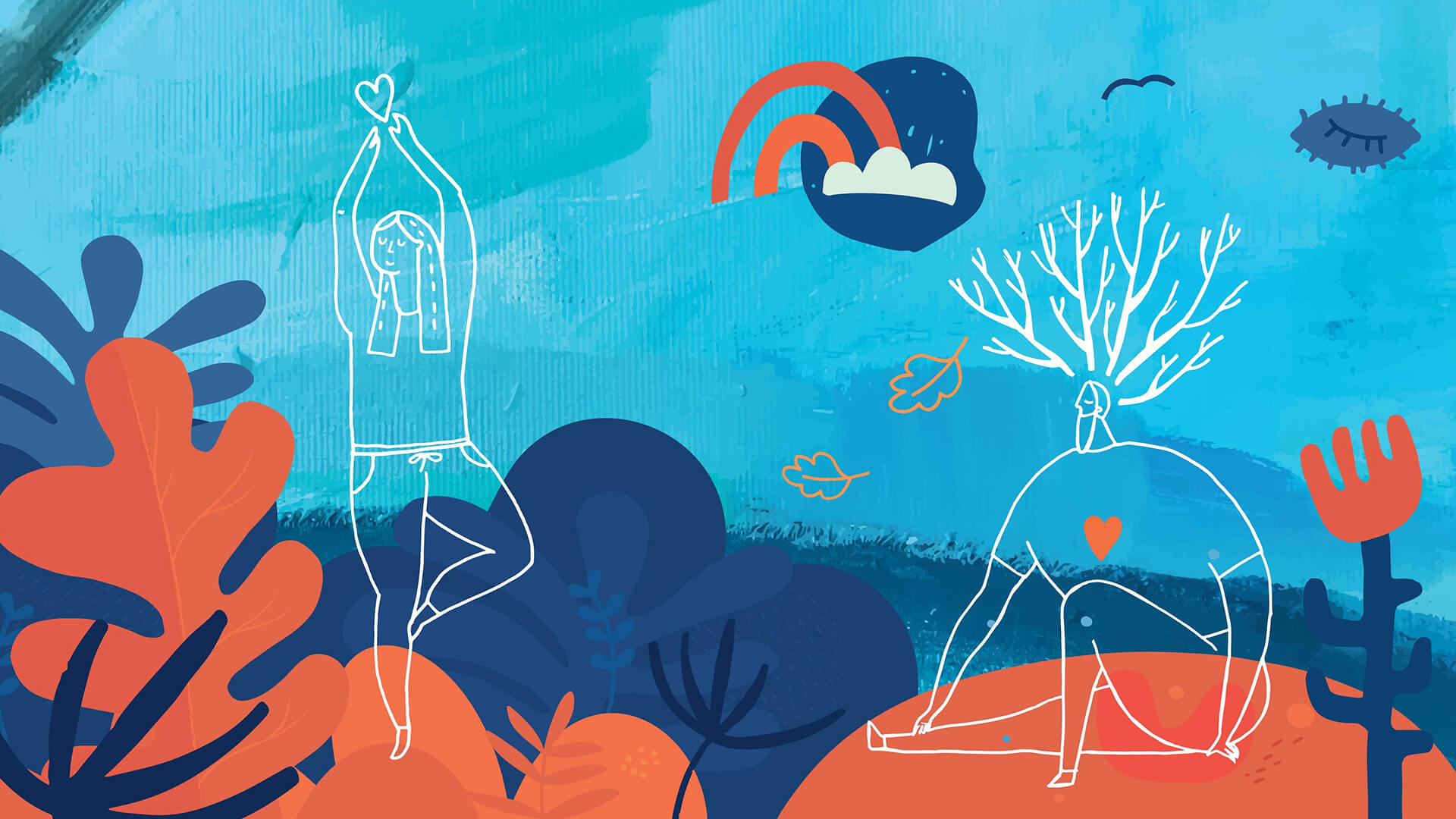
4. Schedule time for social connection
Social networking allows people to be part of a community and strengthen relationships, according to the article 7 Ways Social Media Can Benefit Mental Health published on the Painted Brain website. Use networking as a source of gathering information and enjoy emotional and healthy social connections. Use apps to inspire change and healthy lifestyle options but remember to check in with yourself and put your mental health first, schedule time to use social media, and schedule time away.
Some examples of apps available are Moodfit and Stop, Breathe and Think, which are both available from Google Play or the Apple Store. Moodfit provides daily goals, boosts mood, keeps a gratitude journal to inspire positives in your life, as well as mindfulness exercises. It provides insight into mood and sleep. Stop, Breathe and Think guides checking in on feelings and offers short activities to be able to tune in with emotions.
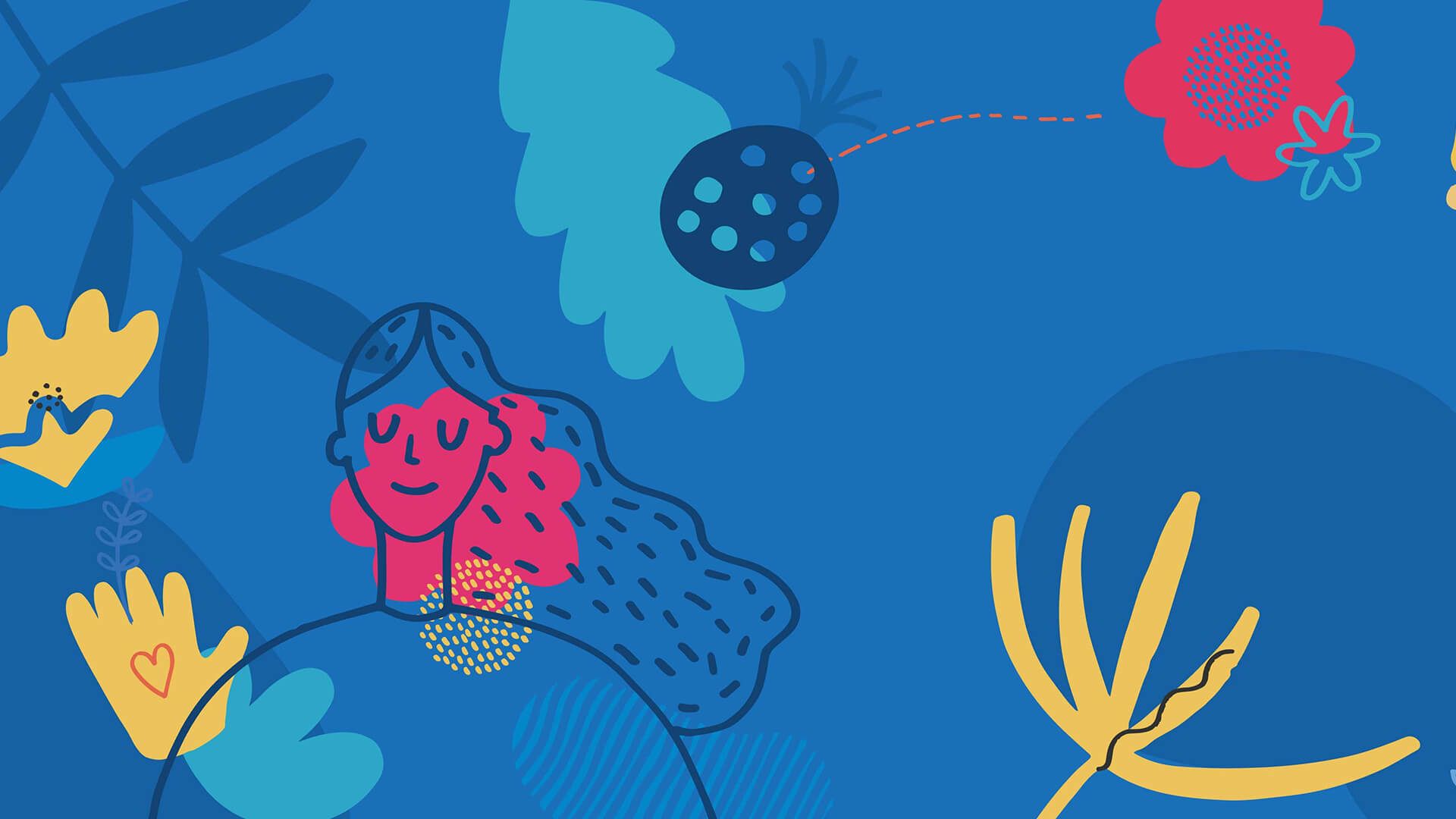
5. Pursue healthy habits
Healthy habits are essential for maintaining mind, body, and spirit. You’ve heard it all before: the importance of a healthy diet, regular exercise, and enough uninterrupted sleep. Rather than elaborate on what you likely already know, I invite you to apply the point above and challenge your thinking about healthy habits.
Ask yourself, what does a healthy diet look like? What are some ways that I can increase my physical activity? What can I do to eliminate disruptions to my sleep and ensure I maintain regular sleep patterns?
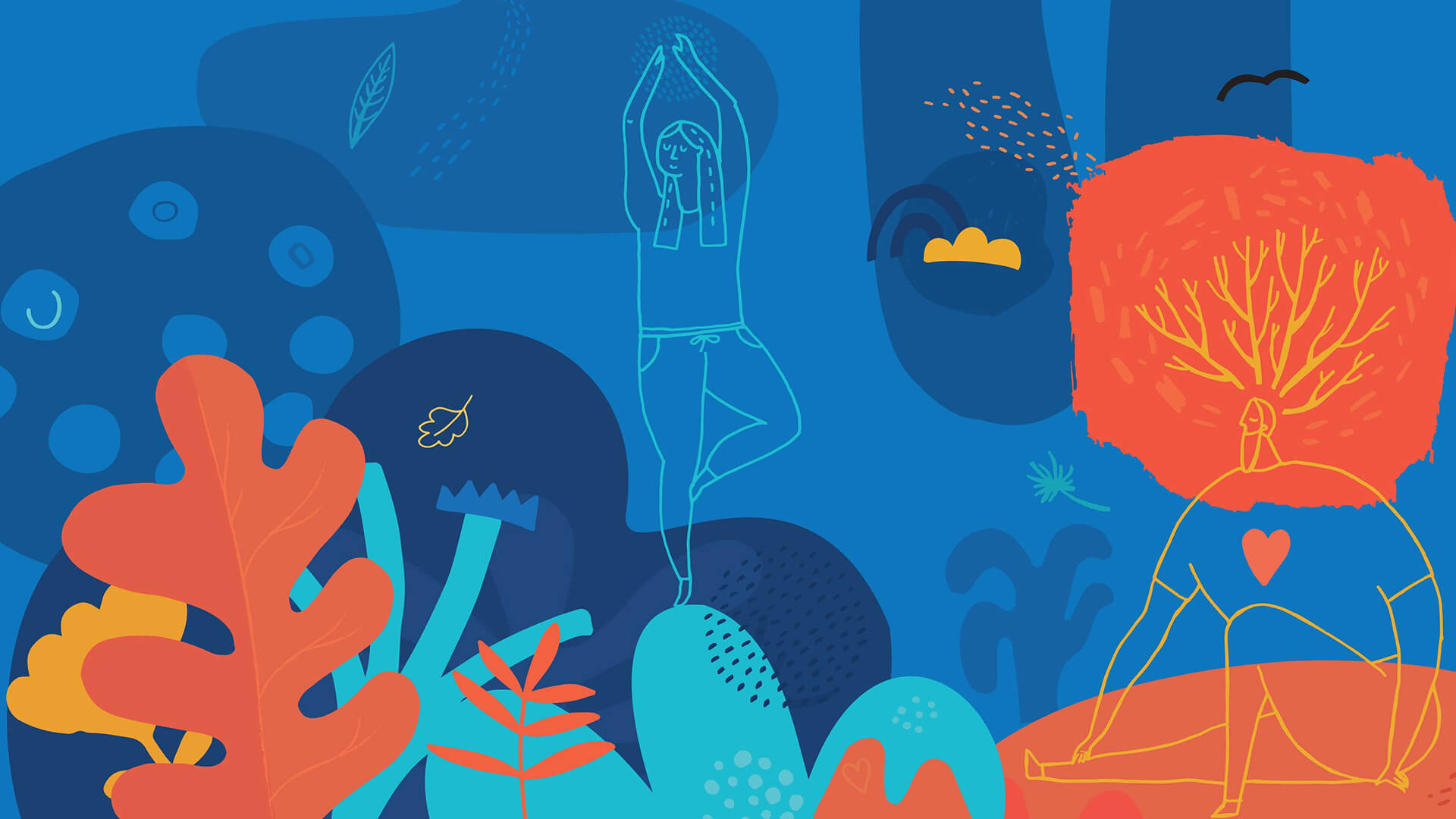
6. Apply your strengths
In the article 5 Strategic Ways to Build Your Self-Confidence, Ann Naimark said when we have inner strength it allows us to pursue our dream and goals and live life to the fullest. When we apply our inner strengths such as moving with and embracing change, knowing when to ask for help and being open to learning, it can help with positive thoughts, encourage patience and push persistence.
Erika Stoerkel, in an article for Positive Psychology entitled What is a Strength-Based Approach?, suggests setting small, realistic goals while embracing one’s uniqueness, potential and capabilities. Start with small goals and make a list of what you would like to achieve today, tomorrow, next week, and long term. Create a calendar and mark off achievements as you go. Reward your accomplishments and celebrate successes with friends and family.

Mental health support at AU
What will you do to ensure you’re being considerate of yours and others mental health?
If you or someone you know is struggling, help is available. To learn more visit the AU Mental Health and Wellness page, which includes a helpful list of external resources.
If you’re a student at AU, our dedicated professionals are here to help. Contact AU Support Services today.